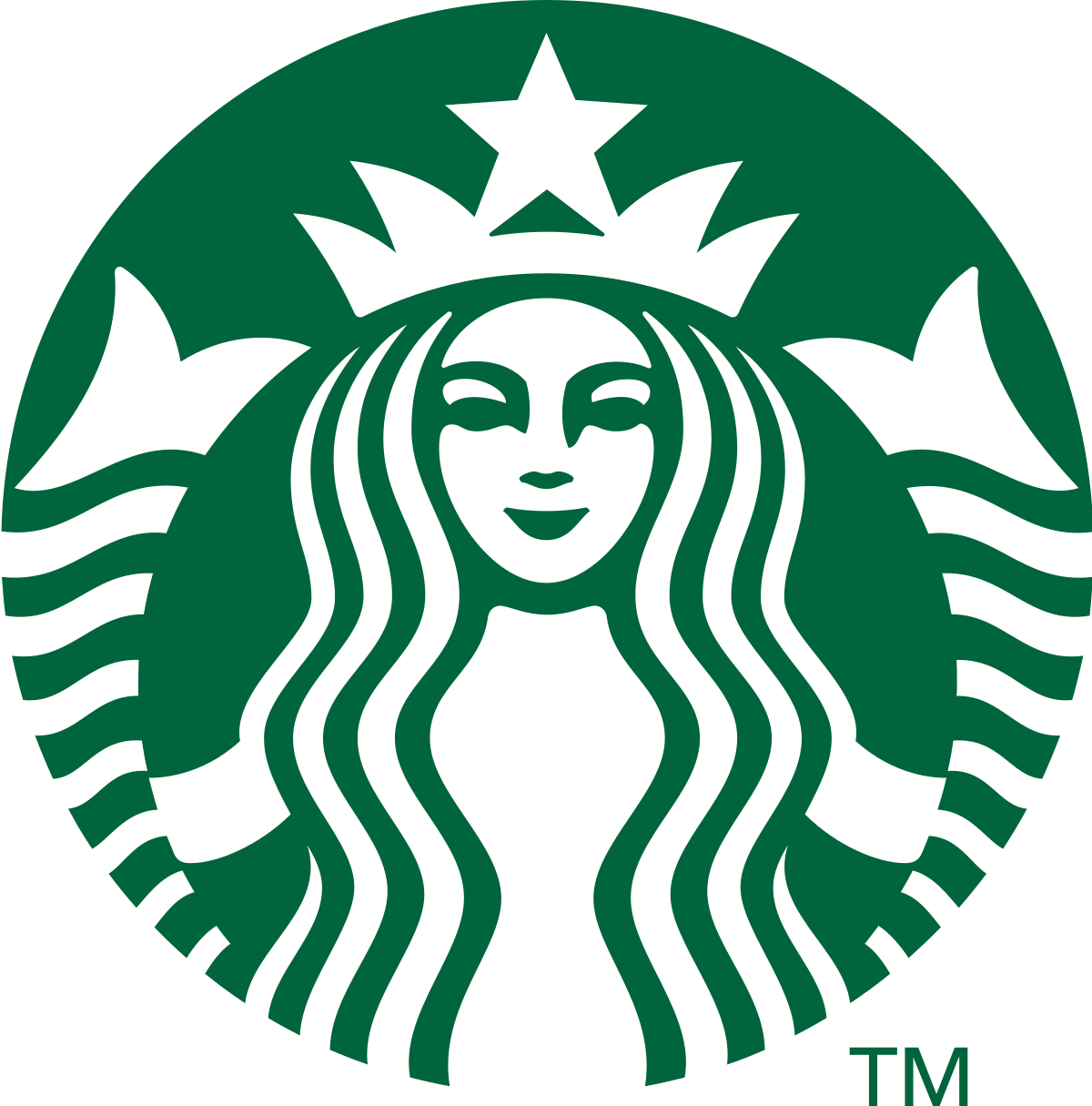A Level Business Studies - Starbucks Ansoff Matrix and Porter's Generic Strategies
Starbucks is an American coffee
company and chain, first founded in Seattle in 1971. It started with more basic
beverages but has since expanded and moved into new products – an act of
diversification. This is important because the coffee industry is very crowded
and so Starbucks has lots of companies to compete with. Although Starbucks’
market share of the U.S. coffee chain industry stands at a pretty might 39.8%,
the brand still requires differentiation as it does not adopt a cost leadership
or focus approach.
For
the Ansoff Matrix, Starbucks mostly stuck to market penetration in its early
years to establish itself in the market. They gave customers the products they
knew and loved: coffees, cappuccinos and espressos. They also write their
customers’ names on the cup which gives service a more personal touch. The
intention of this is to increase sales as customers become more satisfied with
the service. The coffee shop market is very saturated for market penetration to
grow sales significantly however, so the benefits are usually short term.

Starbucks has also announced a
new coffee which is branded as a premium, due to its high quality ingredients.
This is an example of product development because they are trying to increase
sales by launching a new product into their existing market – sticking to a
similar product will attract their consumer base as it builds on what they like
from Starbucks and makes it an even higher quality.
For market development, Starbucks
is growing sales by launching existing products into new markets. They have set
up their coffee shops and houses all over the world which gets their product
out to much more people.
As more competition comes onto
the scene – notably fast food chains like McDonalds venturing into their own
brand of coffee/morning products, Starbucks is forced to take more drastic
approaches to diversify because the market is quickly becoming much more
saturated. There isn’t much room for Starbucks to introduce new drinks because
they already have countless combinations and they have thousands of stores
across the globe so market development is limited. Starbucks has started to
develop in the food industry, an example of their diversification. Their
expansion into the food industry allows them to tap into the food market which
may increase sales. Shifting more attention onto food that isn’t a snack to
compliment a coffee, it means that Starbucks has the opportunity to grow sales
and gain a competitive advantage.
In
terms of Porter’s generic strategies, Starbucks is in the differentiation
strategy as they provide high quality coffee with a unique experience in a
large number of places. Their competition adopts a low cost-leadership approach
(the new instant coffee – VIA). Starbucks is unique from other products in the
market because it offers in-store gifts and brewing utensils which cater and
target the coffee lover directly, and this is something only found in Starbucks
stores.



Comments
Post a Comment